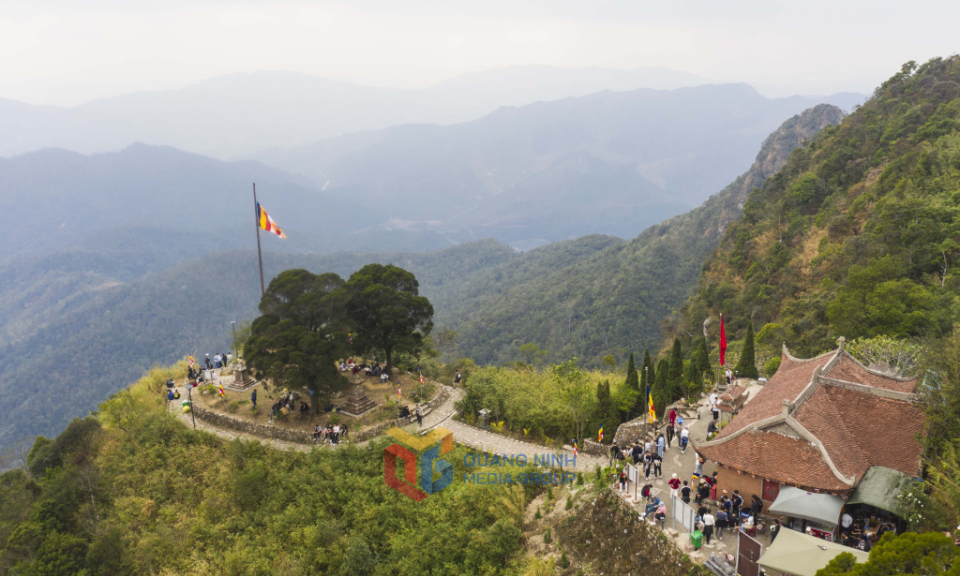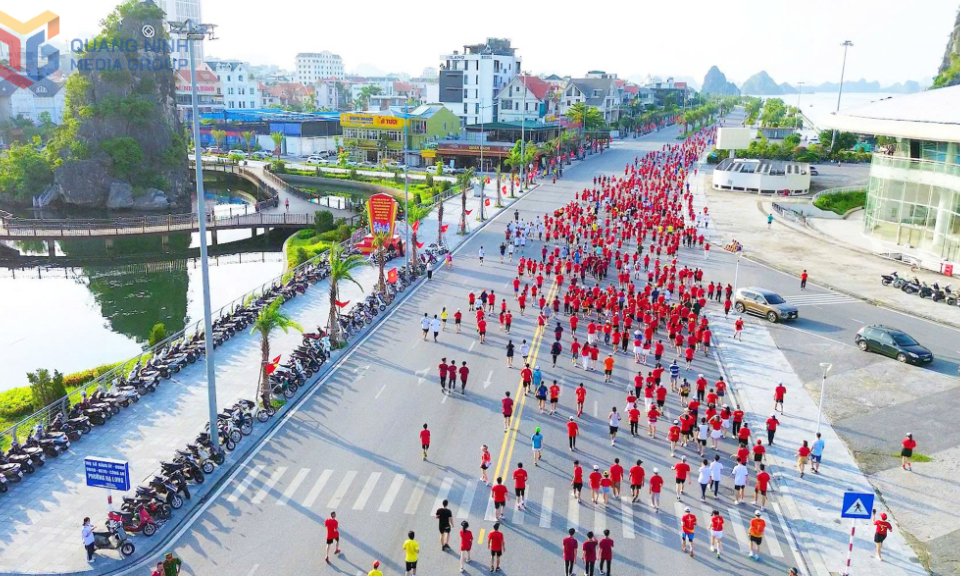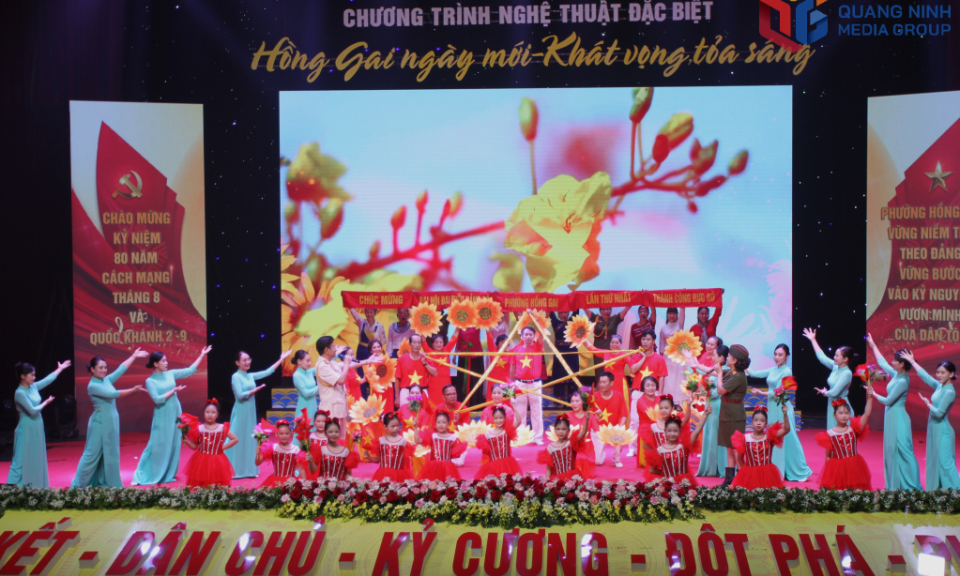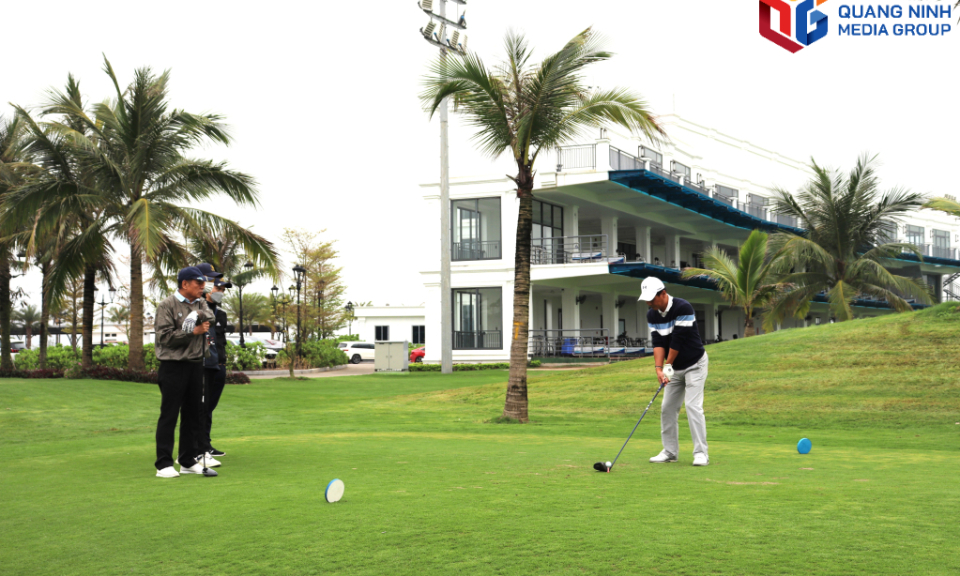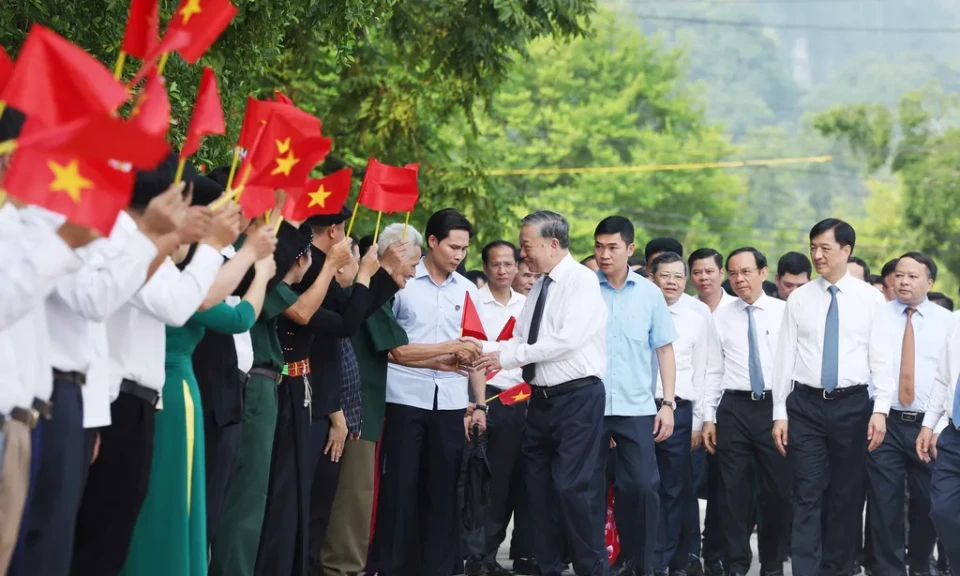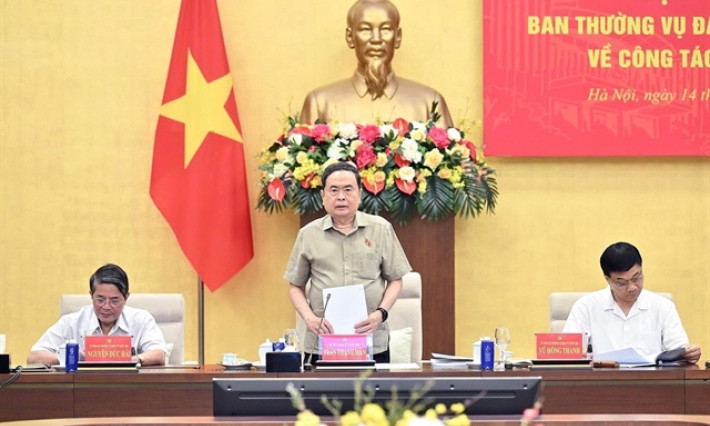UNCLOS significant to Việt Nam’s long-term development
The 1982 UN Convention on the Law of the Sea (UNCLOS) plays a significant role in creating an environment of peace and stability as well as assisting the long-term development of Việt Nam.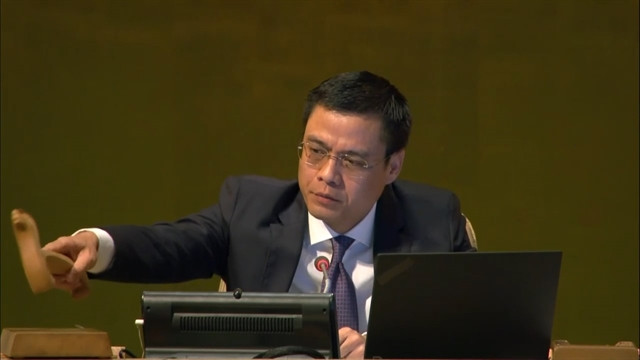
Ambassador Đặng Hoàng Giang, Permanent Representative of Việt Nam to the United Nations, has highlighted the significance of the 1982 UN Convention on the Law of the Sea (UNCLOS), creating an environment of peace and stability as well as assisting the long-term development of Việt Nam.
In an interview recently granted to a Vietnam News Agency reporter in New York on the occasion of the 40th anniversary of the signing of the convention, Giang said thanks to UNCLOS regulations, Việt Nam has been able to determine, enforce and manage its waters, rights and interests at sea and define its territory in line with international laws, which are recognised by the vast majority of countries.
Việt Nam has negotiated maritime boundary delimitation with neighbouring countries such as Thailand, Indonesia and China (in the Gulf of Tonkin), which forms important groundwork to determine the sovereignty, sovereign rights, jurisdiction and legal interests of Việt Nam at sea.
Việt Nam has also launched major maritime economic projects, from the exploitation of oil and gas to export of aquatic products, contributing to its socio-economic development.
He said the convention lays the foundation for Việt Nam to work with relevant countries to address challenges, from the degradation of the marine environment and ecosystems to the negative impacts of climate change such as rising sea levels, ocean acidification and natural disasters.
Việt Nam’s policies, laws and regulations are aligned with UNCLOS, showing the country’s commitment and positive contributions to the international community’s efforts to fully abide by UNCLOS, as well as pool global support for Việt Nam’s maritime issues, he added.
Asked about Việt Nam’ contributions to UNCLOS, Giang said Việt Nam was one of the first countries to approve the convention in 1982 and its validity in November 1994.
Việt Nam has also engaged in processes and mechanisms established under UNCLOS. In August, Việt Nam’s representative was elected to the Legal-Technical Commission of the International Seabed Authority, marking the first time a Vietnamese marine scientist has joined a UNCLOS agency.
According to the ambassador, Việt Nam is increasingly proactive in respecting international law and UNCLOS. In June 2021, the country initiated the establishment of the UNCLOS Group of Friends, creating a forum for countries to share experiences on the application and interpretation of the convention in the management and use of the seas; seek and encourage opportunities for cooperation; and step up the delivery of UNCLOS commitments. The group comprises nearly 120 countries as its members, including developed, developing and small island countries.
In October, Việt Nam and 15 other countries introduced an initiative to seek advice from the International Court of Justice to clarify the responsibilities and obligations of countries for climate change on the basis of international treaties, including UNCLOS. The move aims to fight climate change via the sustainable use and management of seas and oceans.
Like other regions in the world, countries in the Asia-Pacific region and Southeast Asia attach great importance to and use UNCLOS to settle maritime disputes, from upholding the principle of peacefully addressing disputes to reaching solutions to specific cases, Giang said.
Vietnamese Ambassador Nguyễn Hồng Thao, a member of the International Law Commission (ILC) for the 2023-27 tenure, said the practical implementation of the 1982 United Nations Convention on the Law of the Sea (UNCLOS) has shown that it is an effective mechanism for the peaceful settlement of disputes at sea.
He said the convention best represents the codification of international customs and the progressive development of international law in the maritime field, and one of its greatest contributions is the establishment of a new effective mechanism for the settlement of maritime disputes.
The UNCLOS 1982 has laid the foundation for resolving maritime disputes from maritime delimitation, fisheries disputes, navigation, marine scientific research, undersea cable and pipeline installation to other sea-related disputes, Thao said, adding that over one-third of the 500 overlapping seas have been resolved so far.
The ambassador also stated that in the spirit of complying with the provisions of the convention, Việt Nam is the most successful country in the region in terms of addressing maritime disputes with the most diverse tools.
Việt Nam creatively applied the principle of fairness in delimiting the exclusive economic zone and continental shelf with Thailand in 1997, the Gulf of Tonkin with China in 2000, delimiting the continental shelf with Indonesia in 2003. It also applied the mode of win-win cooperation and joint exploitation of fisheries with China in the Gulf of Tonkin in 2004, with Malaysia in 1995, and Cambodia in 1982, and is continuing negotiations to resolve maritime delimitation outside the Gulf of Tonkin, and on the delimitation of an exclusive economic zone with Indonesia.
Meanwhile, Veeramalla Anjaiah, a senior journalist and currently a senior research fellow at the Centre for Southeast Asian Studies (CSEAS) of Indonesia, said that the UNCLOS, considered the ‘Constitution of the oceans’, has laid down a comprehensive law and order regime in the world's oceans and seas, and established rules for managing all activities of using oceans and marine resources.
Therefore, the full and effective implementation of the Declaration on the Conduct of Parties in the South China Sea (DOC), as well as the building of a Code of Conduct in the East Sea (COC) in accordance with international law, including this convention, is of great significance.
He added that over the past 40 years, the UNCLOS 1982 has proven to be an important document in dealing with all issues related to international navigation.
Gregory Poling, Director of the Asia Maritime Transparency Initiative at the US-based Center for Strategic & International Studies (CSIS), highlighted the important role of this convention for small and developing countries.
He emphasised that the UNCLOS 1982 creates a more equal system for all states to access and manage marine resources and enjoy their rights. The document has given developing countries and coastal states a greater voice, at least in the East Sea.
It is the most widely accepted international treaty after the United Nations Charter. Therefore, every member of the international system has a role to play in shaping this convention, he added.
Vũ Hải Đăng, a senior research fellow at the Centre for International Law - National University of Singapore, told the VNA that the fact that the convention had been ratified by the EU and 167 countries, including landlocked nations such as Laos, Mongolia and Switzerland, shows that its regulations have been widely recognised by the international community.
The implementation of the convention will reduce overlapping areas and manage disputes more effectively, preventing escalating tensions in the region, he said.
The expert spoke of the Group of Friends on the UNCLOS, established in June 2021 with Việt Nam as a co-founder, and expressed his belief that the group will contribute to promoting the respect for international law and serve as an effective channel for discussions between countries on issues relating to seas and islands.
Professor, Dr. Thomas Engelbert from the University of Hamburg in Germany held that the UNCLOS is of great significance to maritime security not only in Indo-Pacific but also the world as well.
This is the first time that clear regulations on behaviours at sea have been put forth, he said, viewing the formation of the document as a milestone in international law relating to the sea.
Talking about the UNCLOS Group of Friends, initiated by Germany and Việt Nam, the professor said such cooperation initiatives and mechanisms are significant and crucial to the implementation of the convention.
Dr. Gerhard Will, former researcher on the South China Sea at the German Institute for International and Security Affairs, said the UNCLOS should be the ground for any solution in the South China Sea.
All regulations for long-term and sustainable purposes must be based on the convention, he stressed.

